
Because I was raised by a salesman, you could certainly say that selling runs in my blood. I sold many different things between school clubs, boy scouts and sports teams. These included toothbrushes, light bulbs, doughnuts, fertilizer, and first aid kits for card—and I sold all these items door-to-door. Upon graduating the University of Maryland I just wanted to sell. I got my wish within two weeks.
It was the New York Life Insurance Company that hired me, and I never had any doubts that life insurance was a necessary product. My potential customers, however, did have such doubts, and I had difficulty convincing them otherwise. I guess that it’s kind of rare for a person to awaken in the morning, yawn, stretch, and sit up and say, “You know, I feel like buying life insurance today!”
As it turns out, that was a correct assumption. During my three years as a life insurance salesman, my phone rang exactly twice. I was thrilled the first time—a potential client was actually looking for life insurance! But the second time, I responded by asking, “What did your doctor tell you today?”
It doesn’t take a great deal of skill to help another person who is already looking to make a change. It does takes a great deal of skill, however, to help someone find the desire, and the courage, to change before a loss or failure occurs.
- The person who becomes ill, and cannot buy life insurance, knows this.
- The person who receives a DUI, and loses his or her license, knows this.
- The person who struggles with relationships, and loses his or her job, knows this.
- The person who fails to make difficult business decisions, and then loses his or her company, knows this.
In a sense, you have two basic choices. You can tell someone what it is that he or she must do to avoid a catastrophe, or you can wait for that catastrophe to actually occur. Neither are viable choices if you actually care about the person you seek to help. The fact that people will avoid addressing problems until they become large problems, is not a reflection of stubbornness, or even procrastination. It is human nature. If you truly want to help someone, there is another way.
True selling power doesn’t focus on “What is?”; it focuses on “What if?”
The words you are looking for to begin your questions are this: “What if…?”
- The person who feels well and can buy life insurance needs to be asked, “What if you get sick?”
- The person who drinks and drives, yet has never received a DUI or lost his or her needs to be asked, “What if your luck runs out?”
- The person who has never lost a job, even though he or she has no desire to fit in, needs to be asked, “What if you are placed on a team with a manager who feels fitting in is of paramount importance?”
- The person who owns a successful company, yet has become lazy about keeping the company up-to-date needs to be asked; “What if the company doesn’t keep pace with the companies of tomorrow?”
It’s been many years since I worked for New York Life, but I credit that company, and that industry, for teaching me this invaluable lesson: the art of helping someone else make difficult, yet proactive, choices. The irony is that often, you will be pursuing a conversation about a problem that doesn’t even exist yet. Starting down that path with a simple phrase like, “What if…” could truly save someone from his or her own lack of foresight. That’s a conversation worth investing in.
Pipeliner CRM empowers salespeople to truly sell.Get your free trial of Pipeliner CRM now.



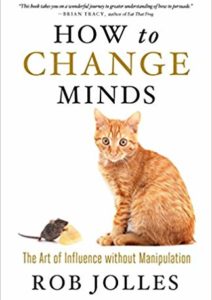
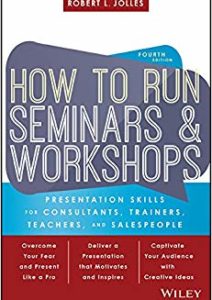
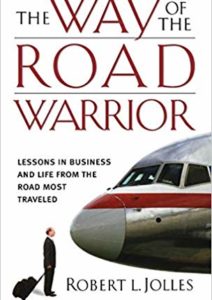
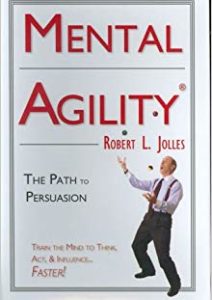
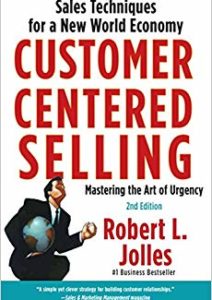
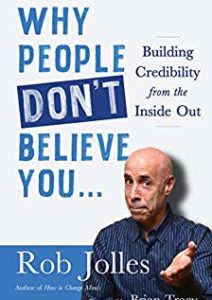







Comments